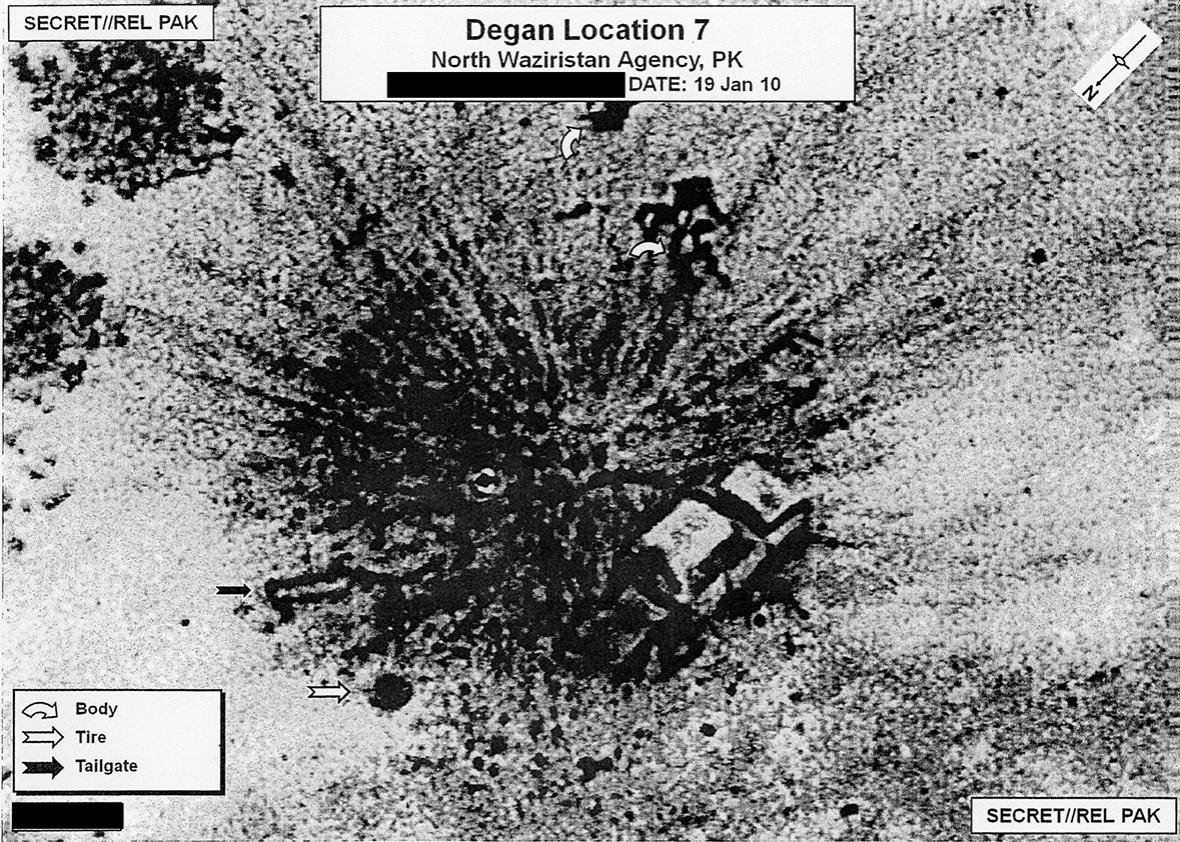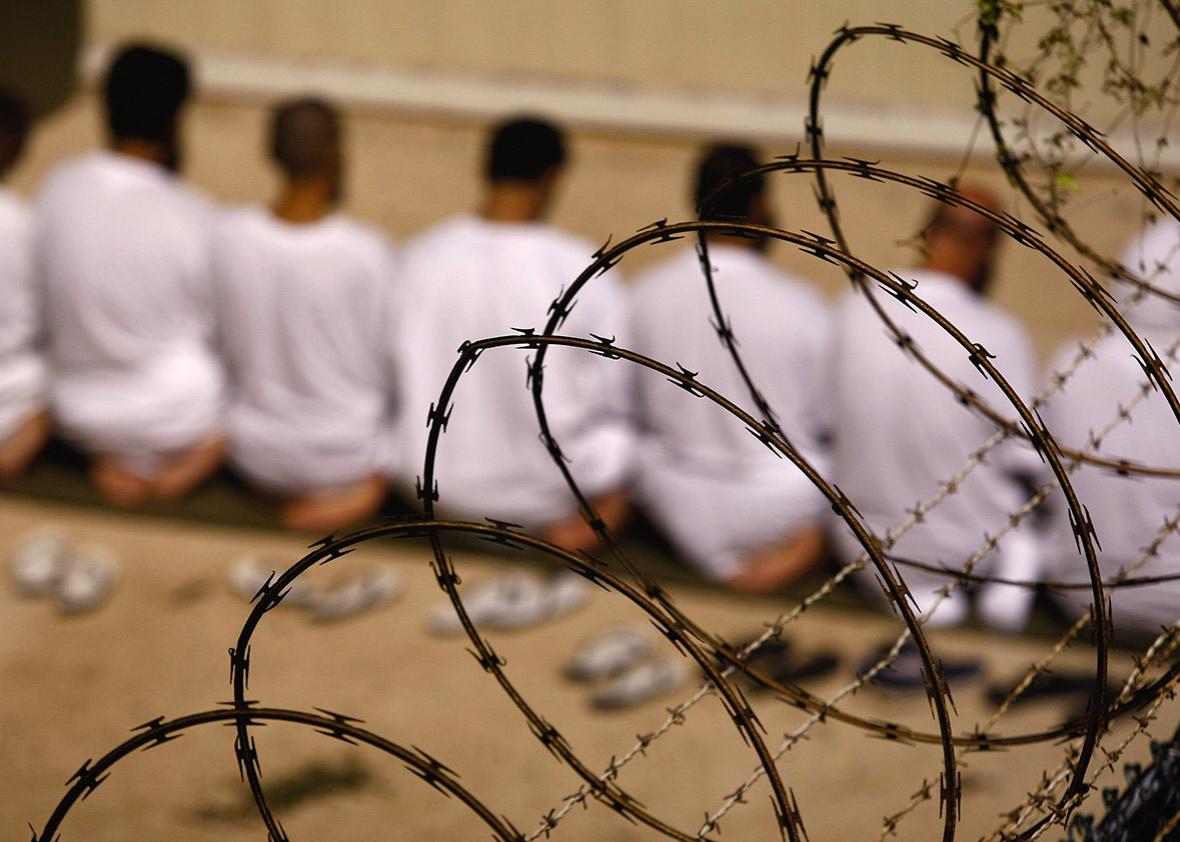The title of Charlie Savage’s new book promises to put you “inside Obama’s post-9/11 presidency,” so that you can see how national security policy was made at the highest levels, but the book doesn’t deliver. Instead, Savage describes the debates among executive-branch lawyers. Perhaps by way of justification for this unusual focus, he argues unpersuasively that Obama’s policymaking process was distinctively lawyerly, as if the lawyers, rather than Obama and his national security staff, decided whether to bomb Libya and to assassinate Anwar al-Awlaki. Even stranger, the message of the book is that the lawyers didn’t matter. It’s as if a book promised the inside scoop on Augustus’ consolidation of the Roman Empire and spent page after page on the theological disputes among the augurs and the pontiffs as to the correct interpretation of the entrails of a freshly slaughtered sheep.
Savage, a reporter for the New York Times, narrates the efforts by the executive-branch lawyers to supply legal justifications for Obama’s major national security actions and policies—drone strikes, Guantánamo transfers, detention on the high seas, curtailment of Miranda rights for terrorist suspects, the Libya war, the ISIS war, surveillance, indefinite detention, military commissions, targeted assassinations, executive privilege, the state-secrecy privilege, the refusal to investigate Bush-era abuses, leak prosecutions, and so on. Predictably, the lawyers offer their boss legal support, justification, rationalization—call it what you will. In a very few cases lawyers raise objections that are shoved aside. (I’ll provide an example below.) National security law experts will find little of interest here. The legal analysis is superficial throughout—the book is strung together from short vignettes that read like, well, New York Times articles—and Savage seems unable to judge whether the arguments made by the lawyers are legally sound.
Savage wrote an earlier book about Bush administration lawyers called Takeover: The Return of the Imperial Presidency and the Subversion of American Democracy. He doesn’t say in his new book whether he thinks American democracy remains subverted or has been unsubverted by the Obama administration. You would think that after his first book the overriding question would be whether the imperial presidency still exists or the presidency has been put back into a box. Savage says almost nothing about this issue.
The theme of Takeover, and much Bush-era debate, was the aggressive assertion of presidential authority by some Bush administration lawyers. Those lawyers liked to argue that the commander-in-chief clause and related clauses in the Constitution gave the president primary authority to protect the country and so overrode laws that might interfere with his efforts—including laws that restricted detention, surveillance, and torture. Bush’s use of these methods generated intense debate when they were revealed to the public. He eventually curtailed torture and obtained congressional authorization for most of the other things he wanted to do.
Some of the lawyers who criticized the Bush legal opinions would later work in the Obama administration. Obama himself, Savage reports, told them not to make arguments based on constitutional override authority. While not all of the Bush lawyers’ arguments were wrong—many of them were accepted by courts—they had become politically toxic. At the same time, Obama has maintained virtually all of the Bush-era counterterrorism activities, while going further than Bush in several respects, including large-scale drone strikes against terrorist suspects, including American citizens, and an unauthorized war in Libya that violated the War Powers Act. Obama’s lawyers provided legal defenses of his actions that avoided constitutional arguments by interpreting legal restrictions in the narrowest way possible. In the case of Libya, they argued that a bombing campaign—an act of war if anything is—does not constitute hostilities, the term of art that triggers the restrictions in the War Powers Act.

Photo by the Washington Post/Getty Images
Savage’s claim that the Obama administration made decisions in a “lawyerly” fashion is based on Obama’s revival of an “interagency national security lawyers group” to vet proposed national security actions for legality. This means that lawyers from all the relevant agencies—the Pentagon, the National Security Agency, the State Department, Homeland Security, the Justice Department—would get to put in their two cents. By contrast, the Bush administration sought advice from the Justice Department’s Office of Legal Counsel, which was initially compliant but, after a change in personnel, rebelled against the surveillance and torture programs (though subsequently acquiesced after another change in personnel). But rather than hold Obama to the “rule of law,” the interagency national security lawyers group provided a method for him to circumvent it. When the Office of Legal Counsel and the Pentagon lawyers indicated that the Libyan bombing campaign would violate the War Powers Act if it extended beyond 60 days, White House Counsel Robert Bauer and State Department legal adviser Harold Koh ginned up the hostilities definition that rendered the act irrelevant. “Not the most favored interpretation of the law,” Bauer told Obama, but “it was legally available.”
It dawns on Savage that the Bush lawyers’ wild claims about executive authority and the Obama lawyers’ hairsplitting legalism amount to the same thing: a rubber stamp for the president. “I have never found a case that our legal authorities … prevented us from doing something that we thought was in the best interest of the United States to do,” as counterterrorism official John Brennan put it in a public address. Nor did the Bush lawyers. But Savage makes nothing of this interesting fact—the fact that from the “rule of law” perspective, Bush and Obama are hard to distinguish. Indeed, the Obama administration, which tried so hard to put the “war on terror” on a proper rule-of-law footing, was far less successful than the Bush administration. Bush really did get Congress to pass laws authorizing nearly everything he wanted to do. Obama did not. When you add in the various domestic-law actions of Obama’s that are mostly ignored in the book—including the deferred immigration actions, the recess appointments, the No Child Left Behind and Affordable Care Act waivers, and much else—it becomes even harder to see much difference between the two presidents.
But instead of recognizing this argument, Savage ends the book limply with the claim that the Obama administration is “transitional”—“the bridge to a national security legal-policy destination that would be determined by his successor, future Congresses, and the world as it is rather than as one might want it to be.” A bridge to nowhere in particular, in other words. By this definition, every president has been transitional.
All of this is of academic interest. Savage doesn’t realize that there is no political payoff in the argument that Obama has acted “lawlessly” in the national security realm; the debate doesn’t matter. The liberal lawyers who so effectively criticized the Bush lawyers during the Bush era (and who populated the Obama administration) are not keen to see the Bush lawyers staring back at them in the mirror, and the conservative lawyers who defended the Bush administration have no credibility as critics of the Obama lawyers. One can’t help thinking of the last line of Orwell’s Animal Farm. “The creatures outside looked from pig to man, and from man to pig, and from pig to man again; but already it was impossible to say which was which.”
